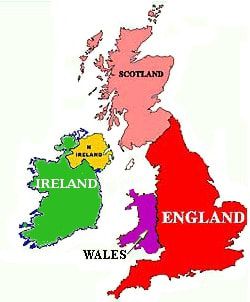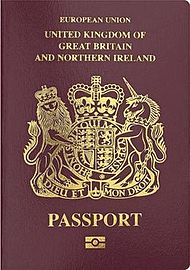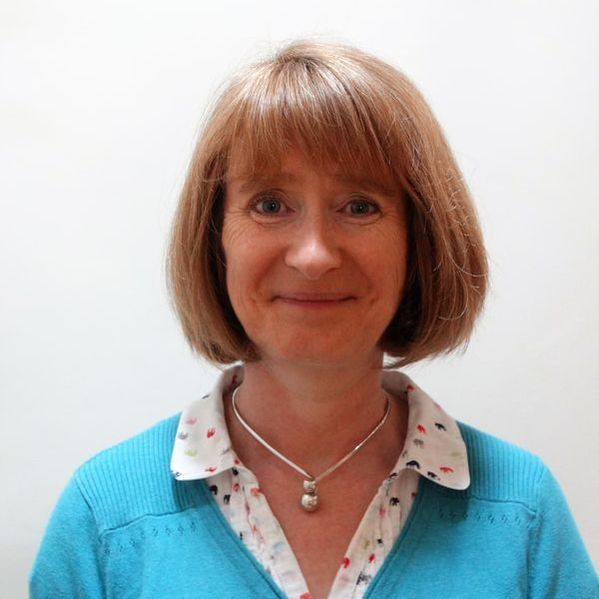|
England, Great Britain, the United Kingdom, the British Isles, so many names for one country! Not to mention Wales, Scotland and Northern Ireland. And talking of Ireland, what’s the difference between Ireland, Southern Ireland, the Republic of Ireland and Eire?!
No wonder foreigners are confused – especially as even we ourselves often make mistakes when talking about our country. So here is a simplified explanation of what’s what on the other side of the English Channel! Geographically, the collection of islands across the water from France are known as The British Isles. The two biggest islands are Great Britain and Ireland but there are also lots of little islands as well such as the Isle of Wight, the Island of Skye and many, many more. Politically, within the British Isles, there are two states: The United Kingdom of Great Britain and Northern Ireland with its capital in London (abbreviated to the UK), and The Republic of Ireland with its capital in Dublin. The UK is a monarchy with the pound (£) as its currency. The Republic of Ireland, as the name suggests, is a republic with the euro (€) as its currency. The Republic of Ireland is sometimes referred to as Southern Ireland and by its Irish language name, Eire. 4 Home Nations Inside the UK, there are 4 home nations: England, Scotland, Wales and Northern Ireland. In the past, these nations were distinct, independent nations with people of different origins. The people of Northern Ireland, Scotland and Wales were originally Celtic and the people of England mainly Germanic. They also spoke different languages. Unification through domination by England took many hundreds of years and many wars! This is why the Welsh, the Irish and the Scottish are so attached to their heritage. The Capitals The capital of England is London and the people are English. (Language: English) The capital of Scotland is Edinburgh and the people are Scottish. Official languages: English and Scottish Gaelic spoken by 1% of the population. The capital of Wales is Cardiff and the people are Welsh. Official languages: English and Welsh spoken by 20% of the population and compulsory in school. The capital of Northern Ireland is Belfast and the people are Northern Irish. Official languages: English and Irish Gaelic spoken by just 0.2% of the population. More people speak Irish Gaelic in the Republic of Ireland. The capital of the UK is London and the people are usually referred to as British which unfortunately excludes the Northern Irish. But it’s not possible to say UKish! Political Autonomy Since 1998, Scotland, Wales and Northern Ireland have their own parliament/assembly with authority to govern local affairs (education, finance, agriculture, industry etc). Matters of national concern such as defense, national security, international relations etc. are managed by the UK Parliament in London. Sporting teams So what happens when it comes to sport? Well in rugby for example, there’s the English, Welsh and Scottish teams, and the Northern Irish play for Ireland! In football however, there is a Northern Irish team (as well as a Welsh, Scottish and English team). But for the Olympics it’s even more complicated as the UK team is known as Team GB which the Northern Irish are obviously not happy about and so many decide to represent the Republic of Ireland! Angleterre isn’t the UK! So if we can’t agree – how can others understand?! But one thing is sure, if you hear French journalists talking about Angleterre, they are probably not using the correct term unless they are talking about just England! So now that you know the differences, I’m sure that you won’t make the same mistake! Les commentaires sont fermés.
|
Philippa StaceyPhilippa Stacey a fondé Eureka en 2007. Elle vit et enseigne l’anglais aux professionnels en France depuis 1993. Archives
Novembre 2023
Catégories |





 Flux RSS
Flux RSS